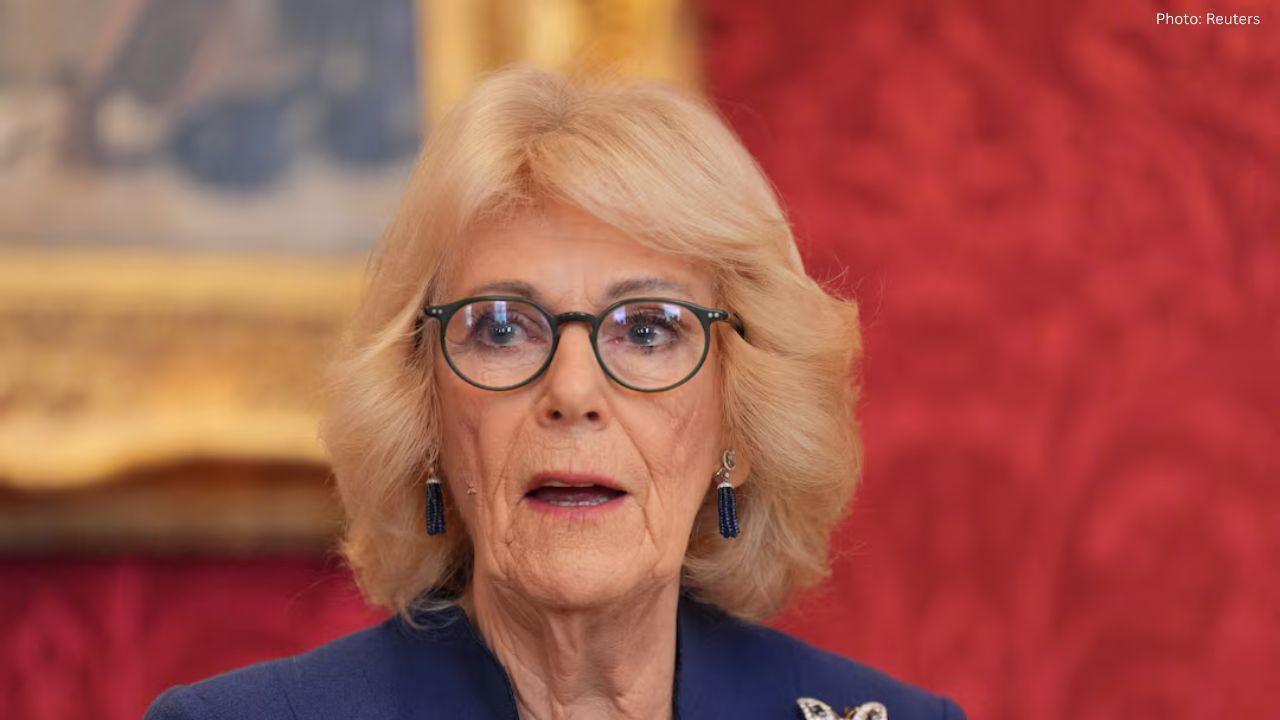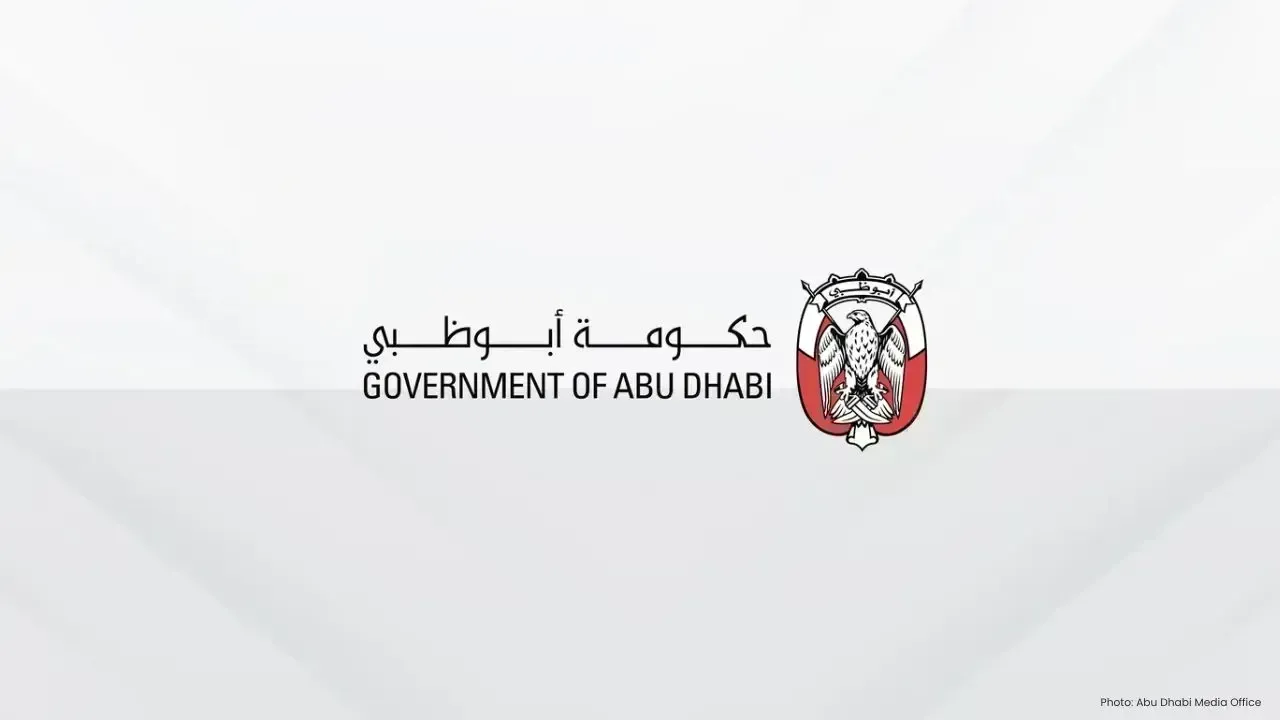You have not yet added any article to your bookmarks!

Join 10k+ people to get notified about new posts, news and tips.
Do not worry we don't spam!

Post by : Anis Farhan
Education is meant to prepare young people for the real world, equipping them with knowledge and skills to thrive. Yet, many students graduate without understanding how to manage money—a skill they will need throughout their lives. While schools teach mathematics, science, literature, and history, financial literacy often gets overlooked. This absence creates a gap where youth enter adulthood unprepared to handle debt, savings, taxes, or investments. Between the ages of 15 and 30, young people make critical financial decisions—college loans, first jobs, credit cards, or even starting businesses. Without financial literacy, they risk falling into lifelong struggles with debt and insecurity. Making financial literacy a core subject in schools is no longer a luxury; it is an urgent necessity.
Financial literacy is the ability to understand and manage personal finances effectively. It includes skills like budgeting, saving, investing, borrowing responsibly, and planning for the future. More than just math, it involves applying practical knowledge to real-world scenarios. For example, knowing how interest rates work can help students avoid predatory loans, while understanding investment basics can encourage long-term wealth building. At its core, financial literacy empowers individuals to make informed choices about money and avoid common financial traps.
The teenage years and early adulthood are when most financial habits are formed. Many young people open their first bank accounts, apply for student loans, or start using credit cards without fully grasping the consequences. A lack of financial education often results in overspending, debt accumulation, and poor saving habits. If schools teach financial literacy early, students will be better equipped to make wise financial decisions. Instead of learning from costly mistakes, they will step into adulthood with confidence and preparedness.
The absence of financial literacy has far-reaching consequences. Globally, millions of young adults are burdened by student loans, credit card debt, and inadequate savings. Financial stress leads to mental health struggles, delayed milestones such as buying homes, and reduced retirement security. In many cases, poor financial knowledge leads to dependency on predatory lending or risky financial behavior. Financial illiteracy also has societal impacts, contributing to poverty cycles, inequality, and economic instability. By not teaching financial literacy in schools, societies inadvertently set up generations for financial hardship.
Introducing financial literacy as a core subject offers numerous benefits:
Practical Life Skills: Students learn how to manage money, make budgets, and save for the future.
Reduced Debt: Early education about interest rates and borrowing discourages reckless use of loans and credit.
Economic Empowerment: Financially literate youth contribute positively to national economies through responsible spending and investing.
Confidence and Independence: Young people can make independent financial decisions without relying solely on family or trial-and-error.
Breaking Cycles of Poverty: Education equips students from disadvantaged backgrounds to improve their financial outcomes.
These benefits extend beyond individual success, strengthening families, communities, and economies.
As the job market evolves, young people need more than technical skills—they need financial resilience. Whether pursuing traditional careers, freelancing, or entrepreneurship, managing money is crucial. For freelancers, understanding taxes and expenses is vital. For entrepreneurs, knowledge of capital, investments, and profit management can make or break a business. Financial literacy also prepares students for long-term security, helping them plan for retirement from an early age. Making it part of the school curriculum ensures that every graduate enters the workforce with financial readiness.
Some countries have already recognized the importance of financial literacy. In Australia and New Zealand, schools incorporate money management into core subjects. In the United States, several states have made personal finance a high school graduation requirement. Countries like Singapore and Finland focus on financial education alongside civic learning, teaching children about savings, investments, and responsible consumption. These examples show that financial literacy can be successfully integrated into school systems, offering a blueprint for others to follow.
Despite its importance, introducing financial literacy as a core subject faces challenges. Curriculum overcrowding means schools are often reluctant to add new subjects. Teachers may lack training or confidence in financial topics. Additionally, financial education must be kept relevant, adapting to changing trends such as digital banking, cryptocurrencies, and online transactions. Overcoming these challenges requires government support, teacher training programs, and the inclusion of real-world financial scenarios in classrooms.
Technology can bridge gaps in financial education. Apps, online simulations, and gamified tools make learning about money engaging and practical. For example, budgeting apps can help students practice managing allowances or hypothetical salaries. Virtual stock markets or investment simulators can introduce students to concepts of risk and reward. Online platforms also offer free courses on money management, expanding access to knowledge beyond traditional classrooms. By leveraging technology, schools can make financial literacy dynamic and relevant to digital-savvy youth.
Schools alone cannot build financial literacy—parents and communities play a vital role too. Parents can reinforce lessons by involving children in budgeting household expenses or discussing savings goals. Communities can support through workshops, local banks offering school programs, or NGOs running awareness campaigns. When schools, families, and communities work together, financial education becomes a cultural norm rather than an isolated subject.
Some argue that financial literacy should be an optional subject or extracurricular activity. However, this approach excludes many who need it the most. Students from disadvantaged backgrounds often do not have access to extra programs, leaving them behind. Making financial literacy a core subject ensures that every student, regardless of background, gains these essential life skills. Just as math or science is considered non-negotiable, money management should be recognized as equally vital.
The absence of financial literacy in schools is one of the greatest oversights in modern education. In a world where money decisions influence every aspect of life, preparing young people without teaching them how to manage finances is a disservice. By making financial literacy a core subject, schools can empower youth with the tools to build stable futures, avoid debt, and contribute positively to society. The next generation deserves not just academic knowledge but also the financial wisdom to thrive in a complex, fast-changing world. The sooner education systems act, the better prepared our youth will be to lead financially secure lives.
This article is intended for informational purposes only. It does not replace professional financial advice. Readers should seek guidance from certified financial experts before making major financial decisions.










Ranveer Singh’s Dhurandhar Hits ₹1000 Cr Despite Gulf Ban Loss
Dhurandhar crosses ₹1000 crore globally but loses $10M as Gulf nations ban the film. Fans in holiday

China Claims India-Pakistan Peace Role Amid India’s Firm Denial
China claims to have mediated peace between India and Pakistan, but India rejects third-party involv

Mel Gibson and Rosalind Ross Split After Nearly a Decade Together
Mel Gibson and Rosalind Ross confirm split after nearly a year. They will continue co-parenting thei

Rashmika Mandanna, Vijay Deverakonda Set to Marry on Feb 26
Rashmika Mandanna and Vijay Deverakonda are reportedly set to marry on February 26, 2026, in a priva

FIFA Stands by 2026 World Cup Ticket Prices Despite Fan Criticism
FIFA defends the high ticket prices for the 2026 World Cup, introducing a $60 tier to make matches m

Trump Claims He Ended India-Pakistan War, Faces Strong Denial
Donald Trump says he brokered the ceasefire between India and Pakistan and resolved eight wars, but